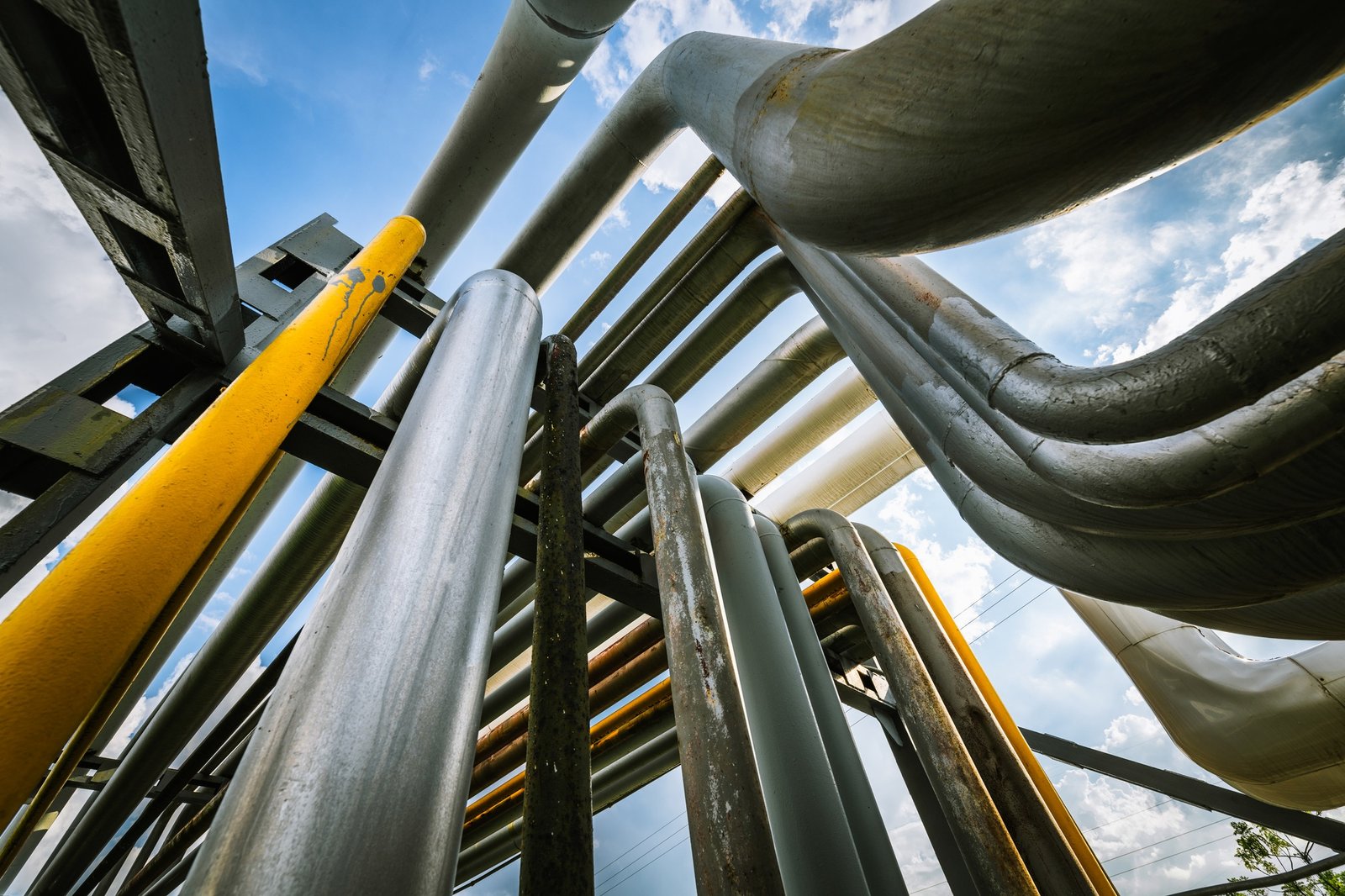What was the problem?
The Suban facilities produce natural gas wells with pressures around 1400 psig and temperatures up to 300°F at thewellhead, with a maximum CO2 contentof 6%. Recent pipeline inspections using Intelligent Pigging (IP) at the Suban #4 and DM#2 lines indicated significant wall loss, with most areas showing a 10-19% reduction in nominal wall thickness. This level of degradation has the potential to adversely affect the overall process value.
It potentially has negatively impact on the value of the entire process.
- Corrosion damage
- Increased replacement cost
- Lost productions
What were the causes?
Internal corrosion was detected throughout the pipeline, with no distinct pattern to the wall loss, which was dispersed randomly around the pipe wall. The high pressure, temperature, and CO2 content were identified as major factors contributing to the accelerated corrosion rate in the pipeline.
How did we solve it?
The uneven distribution of the inhibitor across the pipeline wall and insufficient inhibitor film strength due to inadequate concentration of corrosion inhibitor in the corrosive water, coupled with film degradation in high-temperature environments, were addressed. The chemical SRN-6195 was specifically designed for Suban pipelines and has undergone several trials, including tests for chemical stability, bubble emulsion foaming tendency, and RCA. SRN-6195 has proven highly effective in maintaining a low corrosion rate and ensuring good film persistence.
What is the Business Impact?
By keeping the corrosion rate below 4 mpy, we can extend the lifespan of the facilities, minimizing production losses and replacement costs. The objective is to control the growth of corrosion within the pipeline and Suban process, thereby avoiding production losses and excessive replacement costs.

